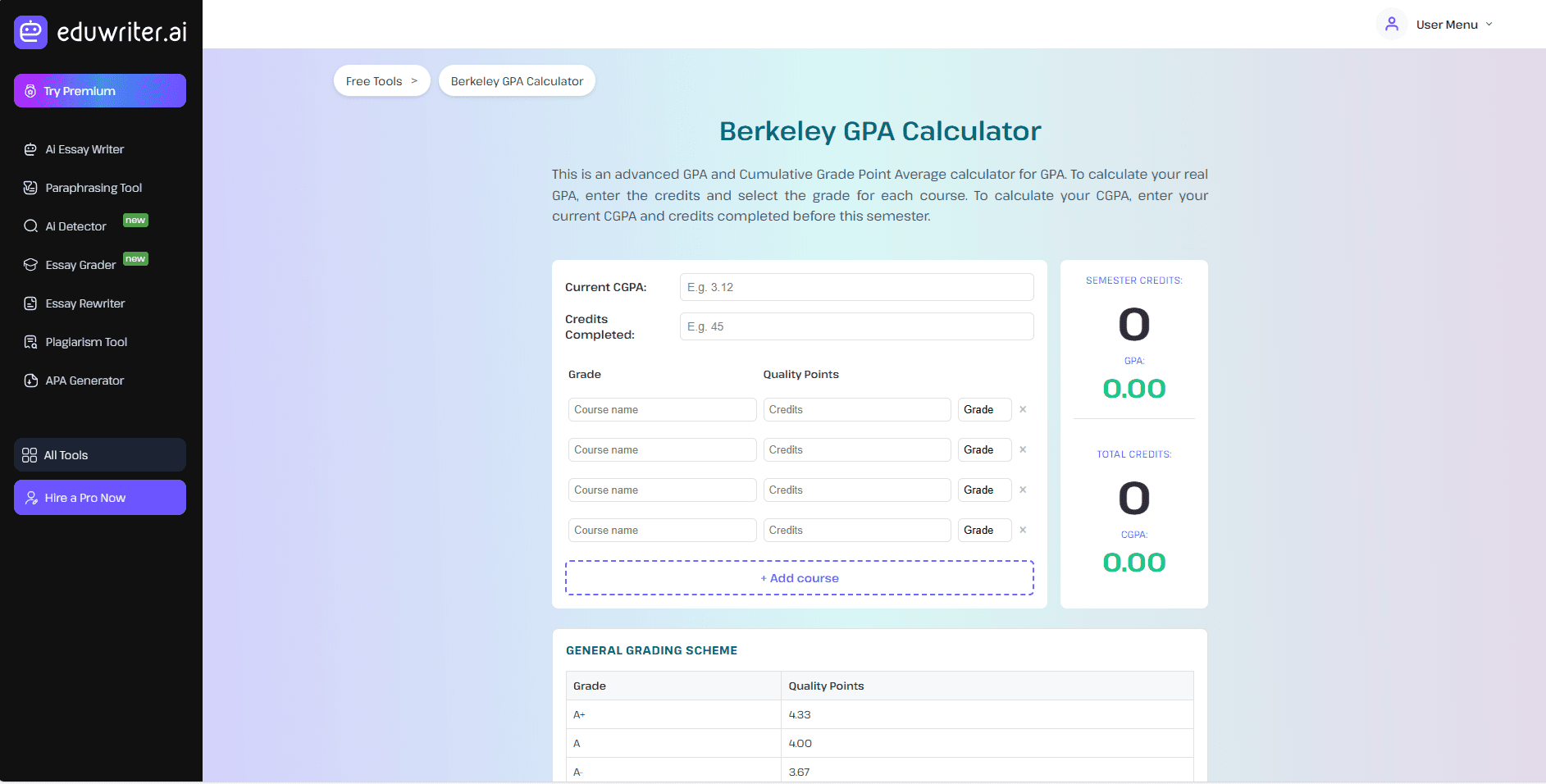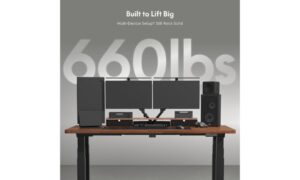The act of existence is a series of dashboards and metrics, where each metric acts as proof of progress. Whether it’s a fitness tracker tallying your step count or a calorie counter tracking every bite, society is captivated by self-quantification. It’s like everyone is a student again, chasing the perfect GPA. But this time, algorithms are in charge.
We will take a deeper look into how people quantify their lives today, with a reference to the Berkley GPA Calculator that students love to have by their side for perfect grades.
The Pulse of Productivity
Your day starts with waking up to the notification from your smartwatch, which tells you your sleep score. You know it could’ve been better. Smartphones constantly pinging you to log focus hours, as life has become more about measuring quality than just putting in the effort. Apps have become valuable partners in helping people achieve their goals. An average score on your fitness app can sting like a C+ in college.
The fixation on numbers screams the academic life. Students often play with GPA calculators by punching in hypothetical numbers to see if they can get their 3.4 to 3.5 without breaking their backs. Everyone wants to get the perfect 4.0 score in life.
Health as A Gradebook
Fitness trackers are new physicians that issue daily health reports. A smartwatch reporting a 450-calorie burn coupled with 7k steps is like the little nudge of the professor. Health in 2025 is not about feeling good or better than yesterday; it is about metrics, such as VO2 max, heart rate variability, hydration levels, and so on. Everything’s tracked, scored, and gamified.
In the same way, students rely on the Berkley GPA Calculator to determine whether skipping that quiz can tank their GPA or not. The same parallel is about whether skipping the workout can ruin the weekly fitness goal. People are constantly running to optimize and improve their “health GPA”.
Social Scores and Digital Popularity
Social media is a big part of our lives in 2025, but it’s more than just brainrot and doom-scrolling. We’re interested in metrics and stats on how our posts perform compared to others. And it’s not about the face value of engagement, such as likes and shares. People want to know the demographics of their followers and how they interact with the online community.
This has its fair share of time in the spotlight, but it has its demerits. The over-reliance on social media for self-validation and worth has led many to engage in harmful and illicit activities, just to get some likes.
The Emotional Toll of Constant Grading
Constant grading and quantification are not all roses and rain, as they come with a burden. Missing a meditation goal or a sleep target feels shameful. The stress you could have had with poor health choices is now almost there when you missed a target. These days, apps and trackers are the mirrors against which individuals gauge their standing.
On the flip side, these scores encourage positive behavior, as is evidenced by thorough research. Now, we know that sleep scores push you to maintain the streak, just like productivity trackers nudge you to finish the task in time. We can say that people track themselves to grow, not to judge!
Future of Our Report Cards
As this article takes shape, we have been constantly monitoring its character count to make sure it fits the format of the website. It’s a good thing to track and optimize certain aspects of life, but it comes at a cost of oversimplification. All the solid stats mean nothing if you didn’t share a laugh or a meal with your loved ones. A low step count didn’t include a solid session on dreaming and writing.
Perhaps the new metrics will cover both the quantifiable and unquantifiable. It’ll be the marriage of cold numbers with love, creativity, and resilience.



































